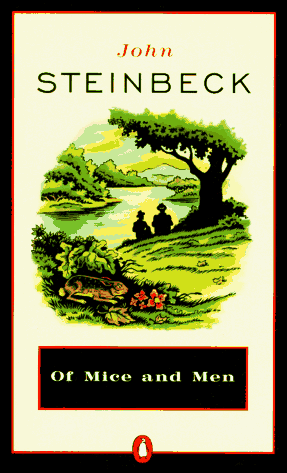I published my first Ubiquitous. Quotidian. blog post in December 2010. At the time, I was halfway into what would be my 20 year career as an academic librarian. I was father to a three year old child and the first generation iPad had just been released. I was fascinated by the emerging importance of mobile computing as I watched smartphone ownership transform the way everyone I knew worked, played and related to one another in real time. Being an idealist and informational professional, I was hopeful about the ways widespread (ie. ubiquitous) internet access might unleash and amplify creative capacities of all people in surprising, useful ways in everyday life (ie quotidian).
It did. Looking back these 11 years, I hardly recognize the place.
I thought of my blog as a place to chronicle observations about transformations in my personal life and society at large. I did some of that and captured milestones of my own contributions to that work at my college, library and home.
Looking back 395 posts doesn’t seem a substantial document of everything that happened in those 11 years. I also notice that, with time, I have written less and less about information technologies and more about the emotional and intellectual developments of my own mind. This is a thing, I am told, that happens with maturity. As we age, the world begins to make less and less sense to us and we begin to turn inward. In middle life we turn inward to gather resources for the work of making sense of our own selves. I call it “going into the forest”, which is a phrase I took from an author I read (James Hollis?) or a therapist I once worked with or a wise, long-bearded elder I once met sitting in meditation at the crossing of many roads. (Note: it was James Hollis.)

I have been quiet here in recent months because I haven’t known how I want to use this space. Several years ago, I changed the tagline from “Have Internet. Will travel.” to “Evolution of a Curious Mind.” The tagline feels right but the title no longer does.
My work here is about sense making. It is about protecting my own sense of wonder, inquiry and curiosity against the dulling effects of this never-ending, all-you-can-eat conveyor belt buffet of sensation, information and voice we have made of our 21st century lives. It is about the life and times of a digital magpie. It is about keeping one’s self sane.
I am thinking a lot about the idea of palimpsest:
- Palimpsest definition 1: “a manuscript or piece of writing material on which the original writing has been effaced to make room for later writing but of which traces remain.”
- Palimpsest definition 2: “something reused or altered but still bearing visible traces of its earlier form.”
The word fascinates me. Palimpsest evokes the realization that nothing new exists except in its relationship to everything else, everything that went before and everything that came after.
We don’t have thoughts really. Our thoughts have us. If we pay attention, we can see traces of our thoughts echoing up to us from the deepest past and echoing also away into the world and spreading toward future. Our thoughts are created from the interactions of thousands of other ideas, notions and expressions reaching us everyday. They penetrate and pass through us like radiation.
And we radiate our own thoughts, ideas and perspectives through interactions with one another every day.
It seems to me a confluence of the Buddhist notion of karma, emerging lines of information theory and the poetic possibilities of quantum physics.
That last sentence is embarrassing. It doesn’t actually mean anything except to say I am wanting a new way to make sense of things and your eyes on this blog matters because it means our lives have intersected, these thoughts I am having are touching some of the thoughts you are now having. And your thoughts, perhaps, are touching mine.
I am tired of my old habits of sense-making. I am going into the forest to find some other way of understanding. Something akin to scholarly rigor, spiritual awe and the feeling of “understanding without understanding” one gets from making poetry.
If you will continue to read, we can enter the forest together.

